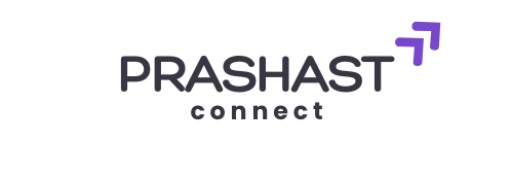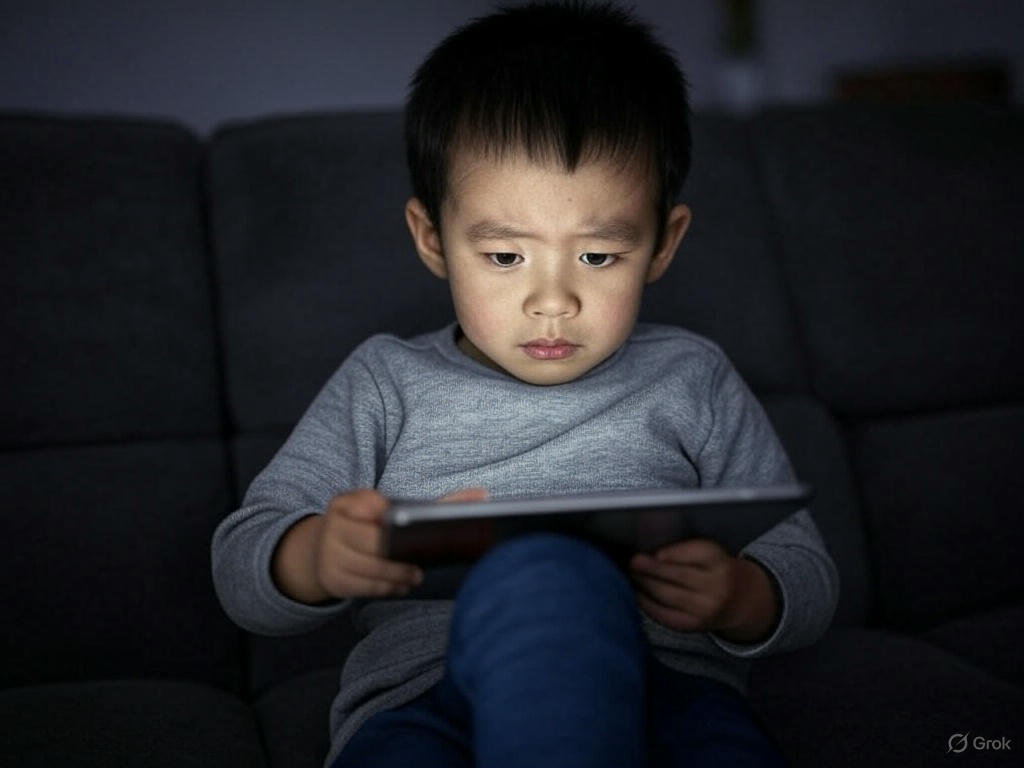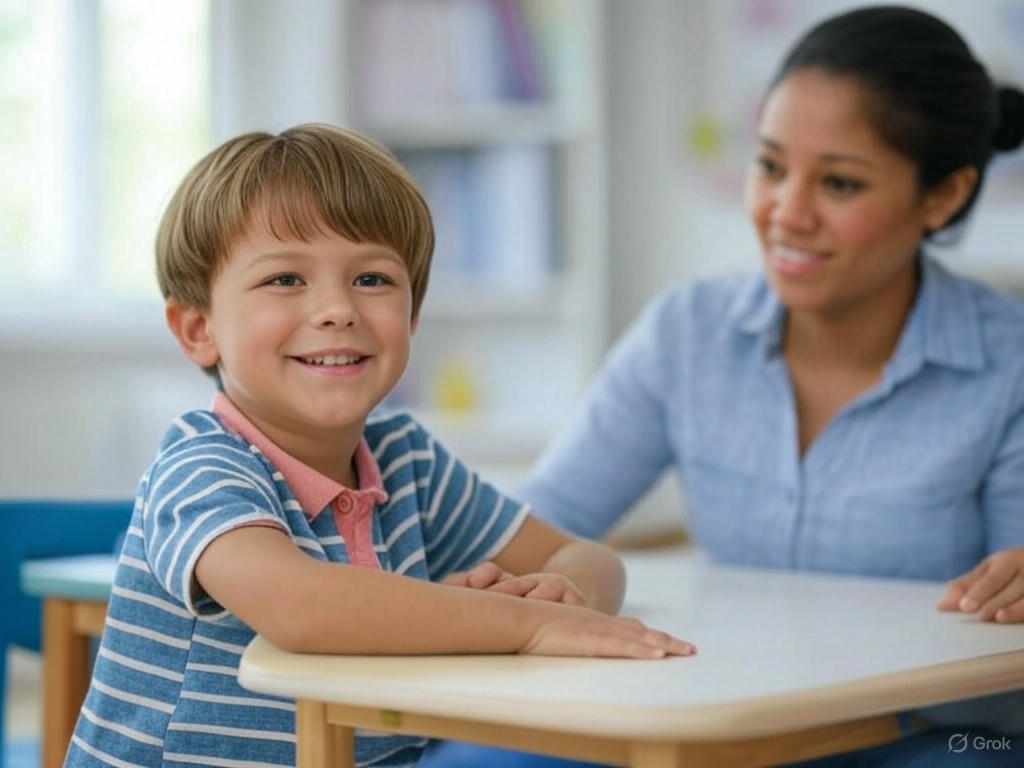Best Books for Early Childhood Development
Explore the transformative power of books in shaping young minds and fostering essential skills for lifelong success.
Importance of Early Childhood Development Books
Early childhood is a critical period for brain development, and the best books for early childhood development play a vital role in nurturing young minds. Research shows that reading to children from an early age enhances their cognitive, emotional, and social skills.
Books provide a structured way to introduce concepts like language, empathy, and creativity. They act as tools for parents and educators to guide children through developmental milestones. For instance, a study by the American Academy of Pediatrics found that reading aloud to children improves their vocabulary and comprehension skills.
Moreover, early exposure to books fosters a lifelong love for learning. Children who grow up surrounded by books are more likely to excel academically and socially. The best books for early childhood development can set the foundation for future success.
By choosing age-appropriate and engaging books, parents can ensure their children receive the stimulation they need during these formative years.
Choosing the Right Books for Young Minds
Selecting the best books for early childhood development requires careful consideration of a child’s age, interests, and developmental stage. Books should be visually appealing, with colorful illustrations and simple text to capture a child’s attention.
For infants and toddlers, board books with tactile elements like textures or flaps are ideal. These interactive features encourage sensory exploration and keep young readers engaged. For preschoolers, look for books with repetitive phrases or rhymes to support language acquisition.
Parents should also prioritize books that align with their child’s interests. For example, if a child loves animals, books featuring animal characters can make reading more enjoyable. The best books for early childhood development are those that resonate with the child’s curiosity.
Finally, consider the values and lessons imparted by the book. Stories that promote kindness, sharing, and resilience can help shape a child’s character and worldview.
Top Picks for Language Development
Language development is a cornerstone of early childhood growth, and the best books for early childhood development can significantly enhance this skill. Books like “Brown Bear, Brown Bear, What Do You See?” by Bill Martin Jr. and Eric Carle use repetitive phrases to build vocabulary.
Another excellent choice is “The Very Hungry Caterpillar” by Eric Carle, which introduces counting and sequencing alongside new words. These books are not only educational but also entertaining, making them perfect for young learners.
Interactive books like “Press Here” by Hervé Tullet encourage children to follow instructions, boosting their comprehension and listening skills. Parents can also opt for bilingual books to introduce a second language early on.
By incorporating these books into daily routines, parents can create a rich linguistic environment that supports their child’s language development journey.
Books That Foster Emotional Intelligence
Emotional intelligence is crucial for social and personal success, and the best books for early childhood development can help children understand and manage their emotions. “The Color Monster” by Anna Llenas is a fantastic book that teaches children about different emotions through vibrant illustrations.
“When Sophie Gets Angry—Really, Really Angry” by Molly Bang is another great choice, offering strategies for coping with anger and frustration. These books provide a safe space for children to explore their feelings and learn emotional regulation.
Parents can also use books like “Have You Filled a Bucket Today?” by Carol McCloud to teach empathy and kindness. These stories encourage children to think about how their actions affect others.
By reading these emotionally enriching books, children can develop the skills needed to navigate complex social situations and build meaningful relationships.
Stories to Spark Creativity and Imagination
Creativity is a vital skill that can be nurtured through storytelling. The best books for early childhood development often feature imaginative plots and whimsical characters. “Where the Wild Things Are” by Maurice Sendak is a classic example that encourages children to dream big.
“Not a Box” by Antoinette Portis inspires children to think outside the box, turning ordinary objects into extraordinary creations. These books stimulate a child’s imagination and encourage creative problem-solving.
Parents can also explore books like “Journey” by Aaron Becker, a wordless picture book that lets children create their own narratives. Such books empower children to become storytellers themselves.
By fostering creativity through reading, parents can help their children develop innovative thinking skills that will benefit them throughout their lives.
Building Social Skills Through Storytelling
Social skills are essential for forming relationships and navigating the world. The best books for early childhood development often include lessons on sharing, teamwork, and communication. “The Rainbow Fish” by Marcus Pfister teaches the importance of generosity and friendship.
“How Do Dinosaurs Play with Their Friends?” by Jane Yolen and Mark Teague offers humorous insights into social etiquette, making it a fun read for young children. These books use relatable scenarios to teach valuable social lessons.
Parents can also use books like “Llama Llama Time to Share” by Anna Dewdney to address specific social challenges, such as sharing toys or resolving conflicts. These stories provide practical solutions that children can apply in real life.
By incorporating these books into their reading routine, parents can help their children develop the social skills needed for success in school and beyond.
Interactive Books for Hands-On Learning
Interactive books are a fantastic way to engage young readers and promote hands-on learning. The best books for early childhood development often include elements like flaps, textures, or sound buttons. “Dear Zoo” by Rod Campbell is a classic lift-the-flap book that introduces animals in an interactive way.
“Touch and Feel Farm” by DK Publishing allows children to explore different textures, enhancing their sensory development. These books make reading a multi-sensory experience, keeping children engaged and curious.
Parents can also opt for books like “Peek-a-Who?” by Nina Laden, which combines rhymes with peek-a-boo elements to captivate young readers. These interactive features make learning fun and memorable.
By choosing interactive books, parents can create an engaging reading experience that supports their child’s overall development.
Promoting Cognitive Growth with Engaging Reads
Cognitive growth is a key aspect of early childhood development, and the best books for early childhood development can stimulate critical thinking and problem-solving skills. “Chicka Chicka Boom Boom” by Bill Martin Jr. and John Archambault introduces the alphabet in a fun and engaging way.
“Goodnight Moon” by Margaret Wise Brown helps children develop memory and recognition skills through repetitive text and familiar objects. These books are designed to challenge young minds while keeping them entertained.
Parents can also explore puzzle books like “I Spy” series by Jean Marzollo and Walter Wick, which encourage observation and pattern recognition. These activities promote cognitive growth and prepare children for academic success.
By incorporating these engaging reads into their child’s routine, parents can support their cognitive development in a meaningful way.
Multicultural Books for Diverse Perspectives
Exposure to diverse perspectives is essential for fostering empathy and understanding. The best books for early childhood development often include multicultural themes and characters. “Last Stop on Market Street” by Matt de la Peña introduces children to urban life and social diversity.
“The Name Jar” by Yangsook Choi explores themes of identity and acceptance, making it a valuable read for children from all backgrounds. These books celebrate cultural differences and teach children to appreciate diversity.
Parents can also opt for bilingual books like “Abuela” by Arthur Dorros, which incorporates Spanish phrases to introduce a second language. These stories broaden a child’s worldview and encourage inclusivity.
By reading multicultural books, children can develop a deeper understanding of the world and the people around them.
Timeless Classics for Early Childhood Development
Timeless classics have stood the test of time for a reason—they offer universal lessons and engaging storytelling. The best books for early childhood development often include classics like “The Tale of Peter Rabbit” by Beatrix Potter.
“Curious George” by H.A. Rey introduces children to the adventures of a curious monkey, teaching them about exploration and discovery. These stories are beloved by generations and continue to captivate young readers.
Parents can also revisit classics like “Winnie-the-Pooh” by A.A. Milne, which offers lessons on friendship and imagination. These books provide a sense of nostalgia while imparting valuable life lessons.
By including timeless classics in their child’s reading list, parents can ensure a well-rounded literary experience that supports early childhood development.
Conclusion
Books are powerful tools for shaping young minds, and the best books for early childhood development offer a wealth of benefits. From language acquisition to emotional intelligence, creativity, and social skills, these books play a crucial role in nurturing a child’s growth.
By choosing age-appropriate, engaging, and diverse books, parents can create a rich learning environment that supports their child’s development. Whether it’s through interactive features, multicultural themes, or timeless classics, the best books for early childhood development provide endless opportunities for learning and growth.
Start building your child’s library today and watch them thrive academically, socially, and emotionally. For more resources on inclusive education and disability screening, visit Prashast.org.
FAQ
- What are the best books for early childhood development?
- The best books for early childhood development include titles that promote language skills, emotional intelligence, creativity, and social skills. Examples include “The Very Hungry Caterpillar,” “The Rainbow Fish,” and “Where the Wild Things Are.”
- How do books support early childhood development?
- Books support early childhood development by enhancing cognitive, emotional, and social skills. They introduce new concepts, foster creativity, and teach valuable life lessons.
- Why are multicultural books important for children?
- Multicultural books expose children to diverse perspectives, teaching them empathy and inclusivity. They help children appreciate cultural differences and broaden their worldview.
- What types of books are best for toddlers?
- Interactive books with tactile elements, such as flaps or textures, are ideal for toddlers. Examples include “Dear Zoo” and “Touch and Feel Farm.”



